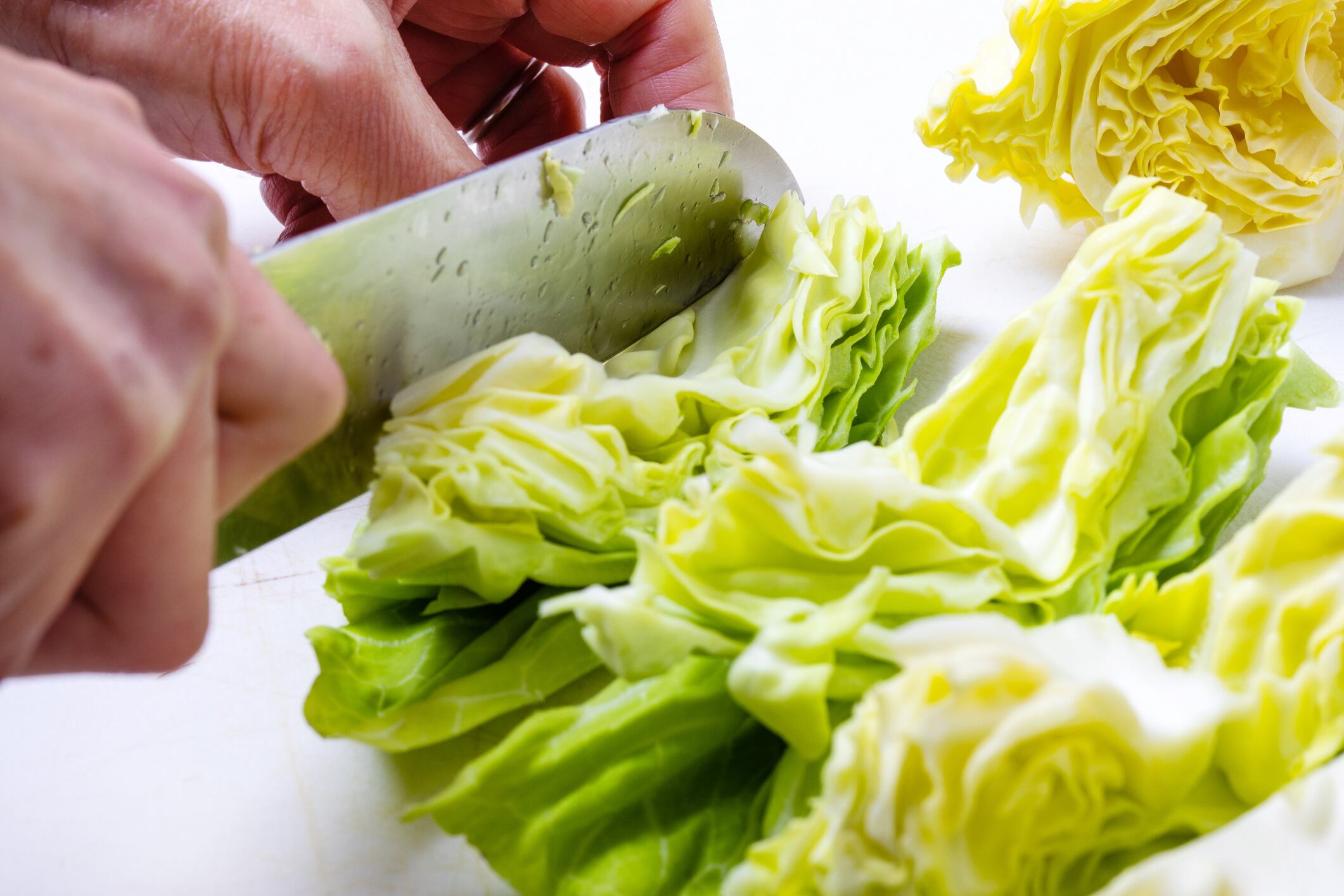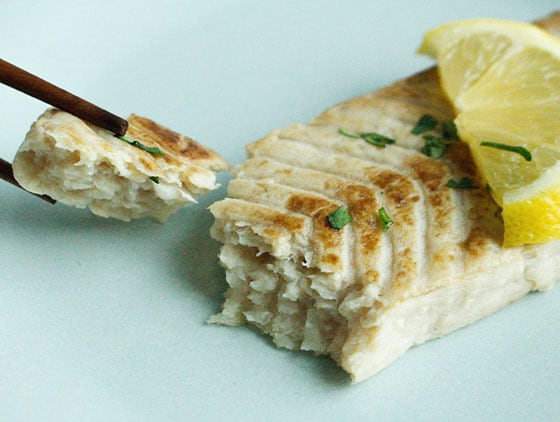The local Ministry of Food and Drug Safety (MFDS) announced the beginning of this initiative in May 2025, to first be piloted with food firms making pickled cabbage (a common precursor for kimchi-making) and dried kelp.
“This pilot project aims to strengthen the capabilities of local food firms that use simple processing methods to produce agricultural and marine products to perform self-inspections that will help them to meet national food safety standards and requirements,” MFDS Minister Oh Yoo-Kyung said via a formal statement.
“Simple processing refers to methods such as cutting, peeling, drying and washing, but where the original food ingredients can still be recognised for what they are.
“These generally do not use food additives or other raw materials in the formation of the final product, so are not considered processed foods.
“This project will enable the creation of a systematic food safety management environment that is led by companies within the industry – our data shows that there are over 3,300 companies engaged in this area nationwide and we must empower them to distribute safe and sanitary products.”
The initial phase of the initiative will be focused on companies making pickled cabbage and dried seaweed, making up some 782 of the total numbers.
According to Oh, the guidelines specified for these firms will require them to check and pass standards for personal and workplace hygiene management, storage and transportation management, water management, labelling management and more.
“Self-inspection documentation will be distributed to these firms and they will be required to submit their results to local authorities and MFDS for checking,” she said.
“We will conduct analysis on these form and also conduct re-evaluations on those companies believed to not have met the required management standards or not performed their inspections properly.
“MFDS data has also shown that over 70% of all workers at these simple processing firms are foreigners – in order to prevent issues from language barriers, we are also preparing multilingual versions of these guidelines so that all personnel are aware and able to adhere to them accordingly.”
The firm is planning to launch the guidelines in English, Vietnamese, Thai, Bahasa Indonesia and more.
Widespread launch
Although 2025 will focus only on self-inspection for the 782 firms dealing in pickled cabbage and dried kelp, the ministry has plans to move very rapidly to have this implemented for all simple processing companies across the country.
“In 2026 this project will expand to include firms making peeled garlic and dried seaweed, and in 2027 it is expected to be implemented by all 3,325 or more companies in this industry,” MFDS stated.
“All of the companies in this space are engaged in making products that are [basic necessities for local consumers], from cabbage to garlic, hence it is important to create a safe food environment by strengthening the safety management capabilities of the industry players to ensure public health and safety.”
Another possible reason for MFDS’ urgency in implementing self-inspection could be due to a shortage of personnel to conduct strict food safety checks on these additional 3,325 establishments despite pressure to implement more stringent measures after a recent spate of food product recalls.
As of April 2022, ministry data put the number of current personnel nationally to cover both food safety and drug safety at just 2,018, with more public pressure having been put on the recruitment of medical professionals to manage the drug sector since the COVID-19 pandemic.



